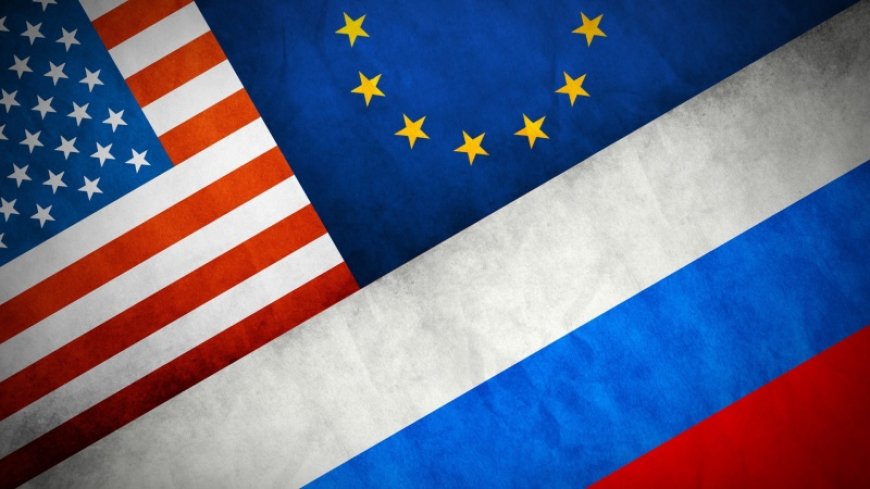The boomerang effect of US and EU sanctions
The boomerang effect of US and EU sanctions

Commenting on the impact of the sanctions of the United States and the European Union on Russia due to the conflict in Ukraine, it can be said that in this crisis, the worst aspect for the West is precisely the concrete verification of how its sanctions, however hard and broad they may be, they have limited effectiveness. In a globalized and interconnected world, in the presence of alternative blocs and with policies defending one's economic sovereignty, the impact of sanctions can be traced back to controllable turmoil. The boomerang effect of the sanctioning devices is demonstrated, which have impacted more on the economies of the sanctioners than on those of the sanctioned.
It is sad news for the mechanisms of coercion that the United States and the European Union use to bend resistant governments. The sanction mechanism, an instrument of foreign and commercial policy since the early 1990s, reveals its cruel uselessness. Indeed, it is precisely the illegal and unilateral sanctions, abuse of a dominant position, a weapon aimed at 29 countries that represent 73% of the world's population, which have accelerated the process of de-dollarization, even by countries that were once friends.
The sanctions also denounce the ideological frauds that have characterized the unipolar phase of capitalist command. The totem of globalization has served to endow the conquest of other people's markets with a market ideology; competition without rules, the mantra of ultra-liberalism, has always been valid only for the rest of the world, as well as tariff-free policies, which were ultra-liberal in exports but protectionist in imports. The alleged globalization, the free competition in a single and free world market, have always been a fraud: the US has always combined aggressiveness in expanding with equal aggressiveness to prevent other countries from growing as well. Because free competition does not exist, for them there is Western Anglo-Saxon law and the duty of the rest of the world to recognize its primacy. On the other hand, the idea of continuing to dominate it by preventing the growth of others is the commercial application of imperialism in military form.
Then there is the chapter relating to the military operation in Ukraine and the dreaded African diplomatic initiative which is described as "interesting". As explained by the spokesman, Dmitry Peskov, «for us the meaning of the phrase “Ukrainian problem” is completely clear. It didn't appear suddenly last year. It has matured for decades. It is about the security of our country and security guarantees for the future, of the existence of a center that is openly hostile to ethnic Russians and the Russian state on our border."
The situation on the ground worries the West, because not even the famous counter-offensive appears to be noteworthy from a military point of view, rather it seems to be a media and propaganda boost intended for European and American public opinion. The announced successes, to favor which they did not hesitate to undermine the Kajovka dam, have not achieved any significant results. As Putin said, "Kiev has no chance."
And if Kiev's forces cannot advance, Western governments have no idea what to do. Sixty-seven thousand Ukrainian soldiers have been trained in 27 NATO countries and over 200 billion direct dollars have been delivered to Kiev without this having moved the Russian operative. Now it's the turn of the F-16 fighters and the Patriots missiles, as before it was the Himars cannons and the Leopard tanks, all defined by propaganda as means that could have changed the fate of the conflict. Nothing to do: the Russians are where they were and the army of Kiev is reduced to a few tens of thousands of personnel absolutely useless to reverse the tide of the conflict.













































